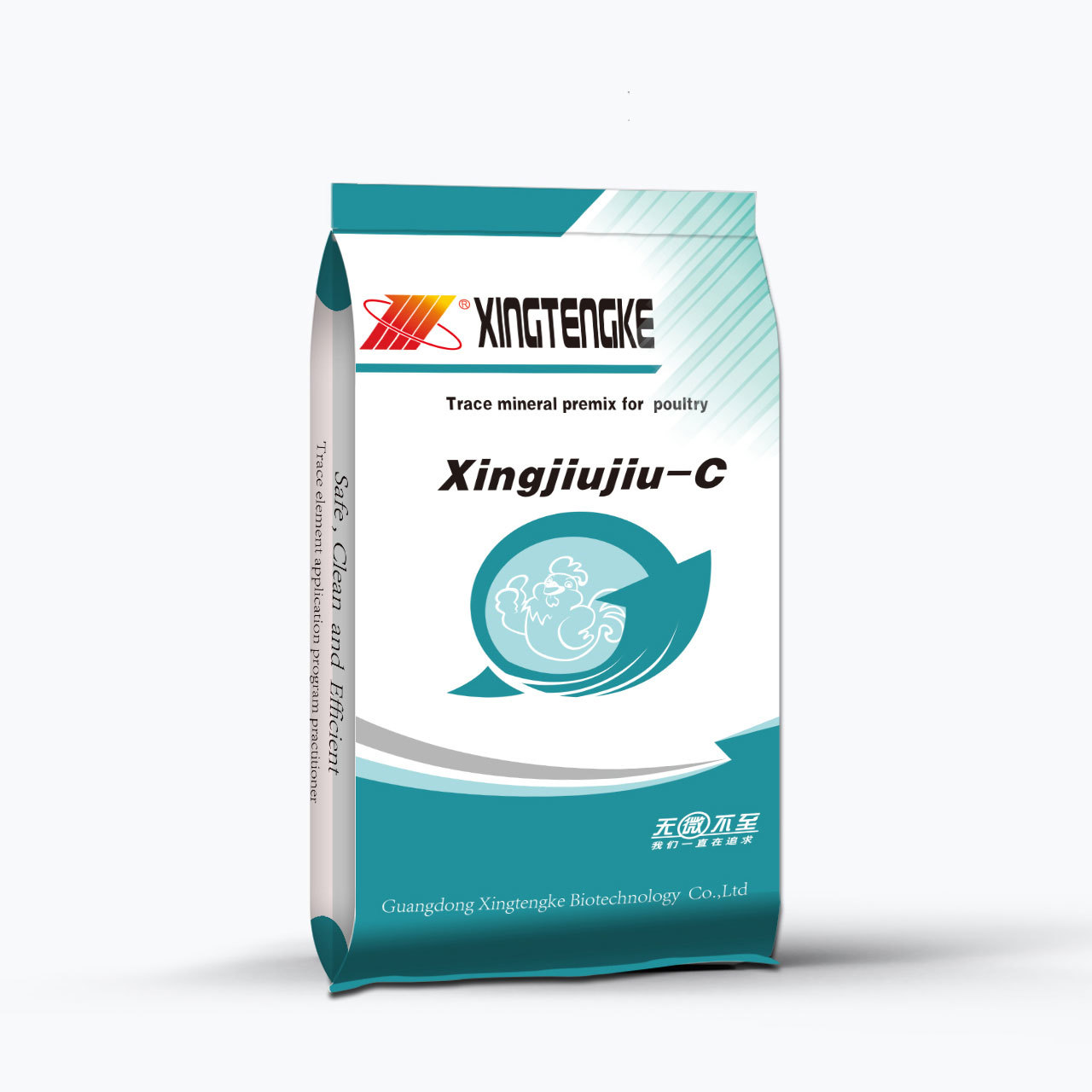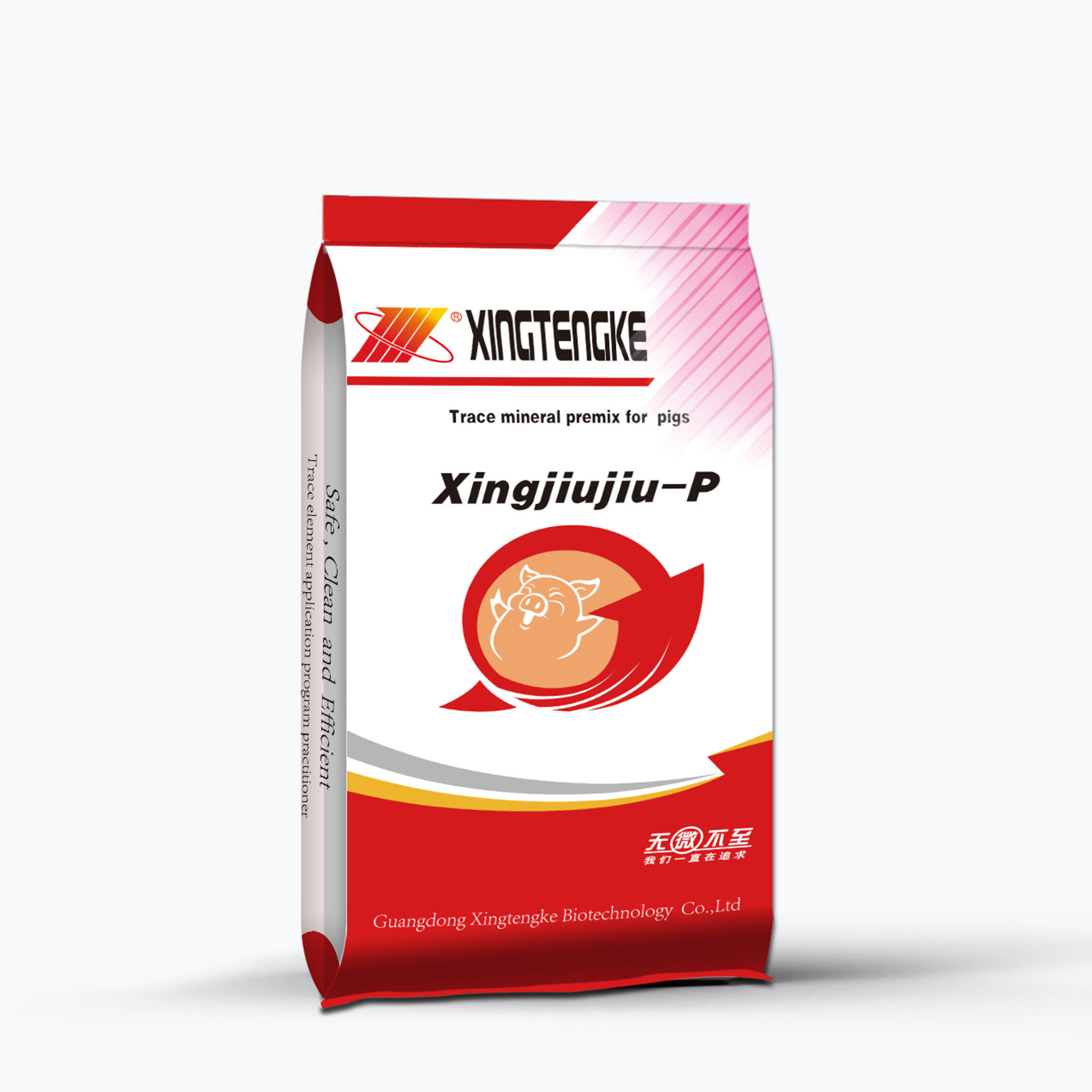Unlocking the Benefits of Small Peptide Mineral Chelates in Animal Nutrition
Release time:
2025-08-25 14:47
Source:
Small peptide mineral chelates are increasingly recognized in the field of animal nutrition for their ability to enhance mineral absorption and bioavailability. These chelates are formed by the binding of minerals to small peptides, which are short chains of amino acids. This innovative approach to mineral supplementation offers several advantages over traditional forms of mineral delivery in animal feed.
One of the primary benefits of small peptide mineral chelates is their improved bioavailability. Traditional inorganic minerals often face challenges in absorption due to interactions with other feed components, leading to reduced efficacy. In contrast, small peptide mineral chelates can bypass some of these barriers. The small size of the peptide complexes allows for easier passage through the intestinal wall, resulting in enhanced absorption and utilization of essential minerals by the animal's body.
Moreover, the use of small peptide mineral chelates can lead to better animal performance. By ensuring that animals receive optimal levels of essential minerals, these chelates can contribute to improved growth rates, better feed conversion ratios, and enhanced reproductive performance. For livestock producers, this translates into healthier animals and potentially increased profitability.
Another significant advantage of small peptide mineral chelates is their role in reducing the risk of mineral deficiencies. Animals, particularly those under stress or in intensive production systems, may have heightened nutrient needs. Small peptide mineral chelates can help meet these needs effectively, ensuring that animals maintain their health and productivity levels.
Additionally, these chelates can play a crucial role in supporting the immune system of animals. Minerals such as zinc, copper, and selenium are vital for immune function, and their availability in a form that is easily absorbed can lead to better health outcomes. By incorporating small peptide mineral chelates into animal diets, producers can help fortify the immune systems of their livestock, thus reducing the incidence of disease and associated veterinary costs.
In conclusion, small peptide mineral chelates represent a promising advancement in animal nutrition, offering improved bioavailability, enhanced performance, and better health outcomes for livestock. As the demand for efficient and sustainable animal production grows, integrating these innovative supplements into feeding strategies can provide a significant competitive edge. By prioritizing the health and performance of animals through advanced nutritional solutions, producers can contribute to a more sustainable future for the animal agriculture industry.
One of the primary benefits of small peptide mineral chelates is their improved bioavailability. Traditional inorganic minerals often face challenges in absorption due to interactions with other feed components, leading to reduced efficacy. In contrast, small peptide mineral chelates can bypass some of these barriers. The small size of the peptide complexes allows for easier passage through the intestinal wall, resulting in enhanced absorption and utilization of essential minerals by the animal's body.
Moreover, the use of small peptide mineral chelates can lead to better animal performance. By ensuring that animals receive optimal levels of essential minerals, these chelates can contribute to improved growth rates, better feed conversion ratios, and enhanced reproductive performance. For livestock producers, this translates into healthier animals and potentially increased profitability.
Another significant advantage of small peptide mineral chelates is their role in reducing the risk of mineral deficiencies. Animals, particularly those under stress or in intensive production systems, may have heightened nutrient needs. Small peptide mineral chelates can help meet these needs effectively, ensuring that animals maintain their health and productivity levels.
Additionally, these chelates can play a crucial role in supporting the immune system of animals. Minerals such as zinc, copper, and selenium are vital for immune function, and their availability in a form that is easily absorbed can lead to better health outcomes. By incorporating small peptide mineral chelates into animal diets, producers can help fortify the immune systems of their livestock, thus reducing the incidence of disease and associated veterinary costs.
In conclusion, small peptide mineral chelates represent a promising advancement in animal nutrition, offering improved bioavailability, enhanced performance, and better health outcomes for livestock. As the demand for efficient and sustainable animal production grows, integrating these innovative supplements into feeding strategies can provide a significant competitive edge. By prioritizing the health and performance of animals through advanced nutritional solutions, producers can contribute to a more sustainable future for the animal agriculture industry.
small peptide mineral chelates for animal feed









